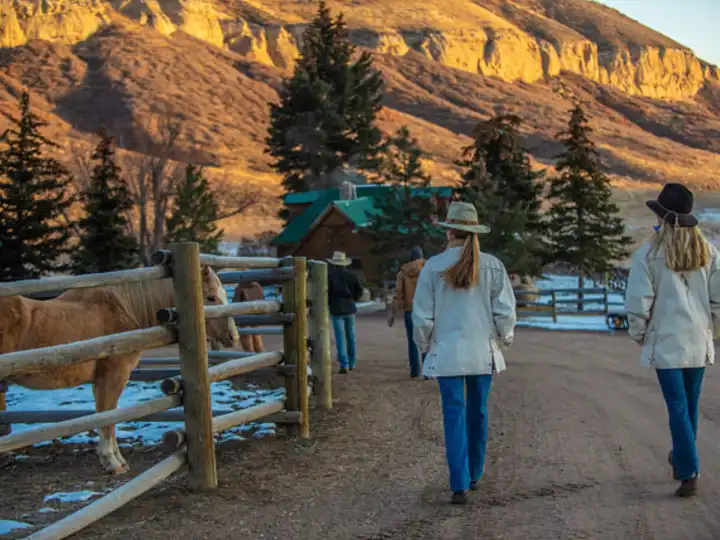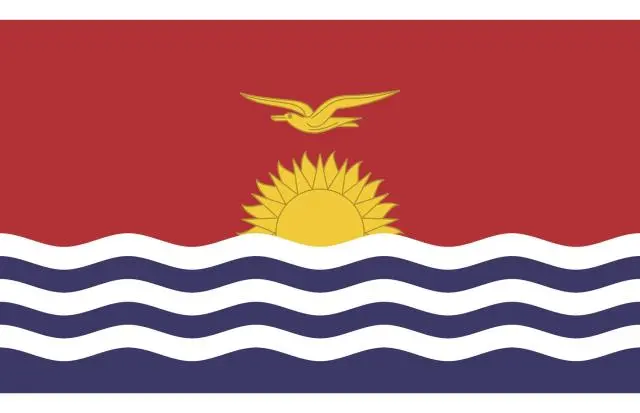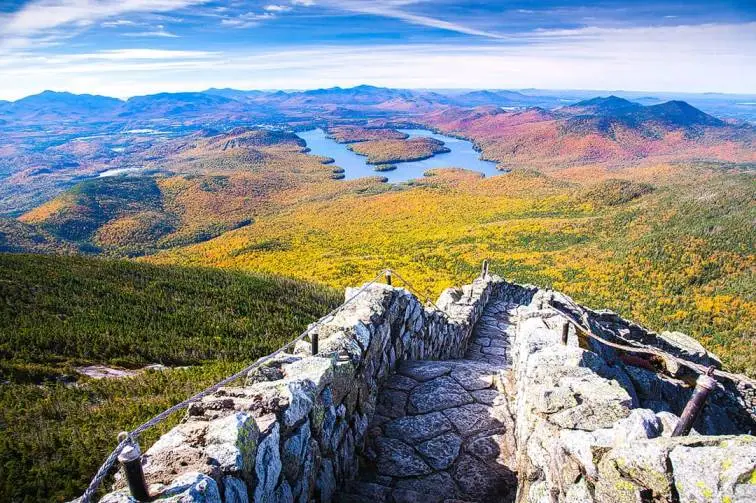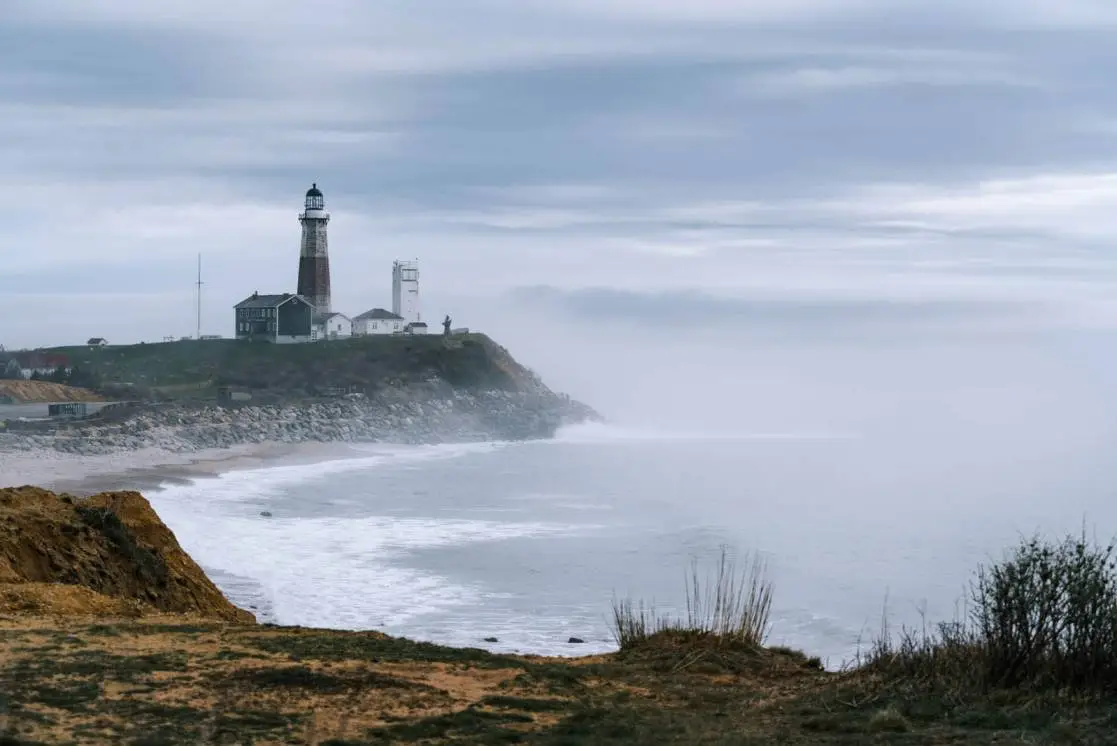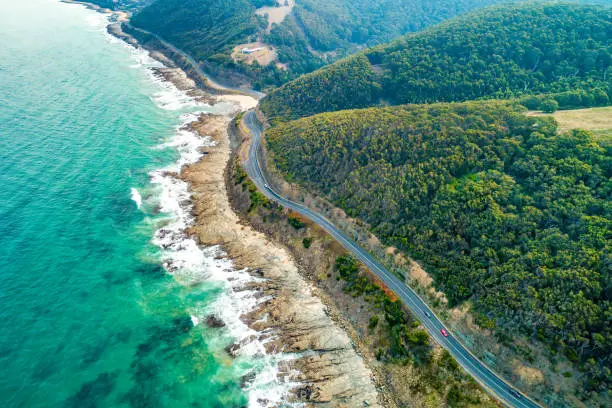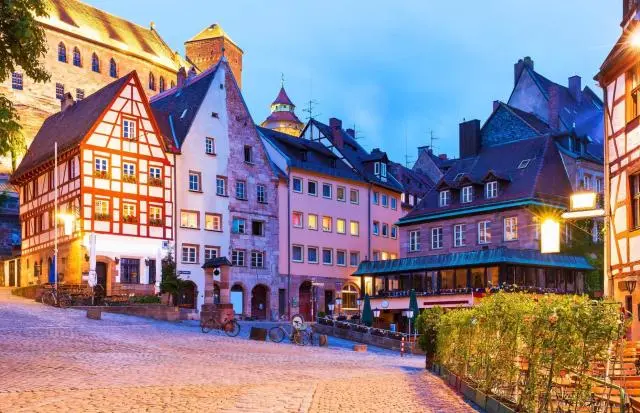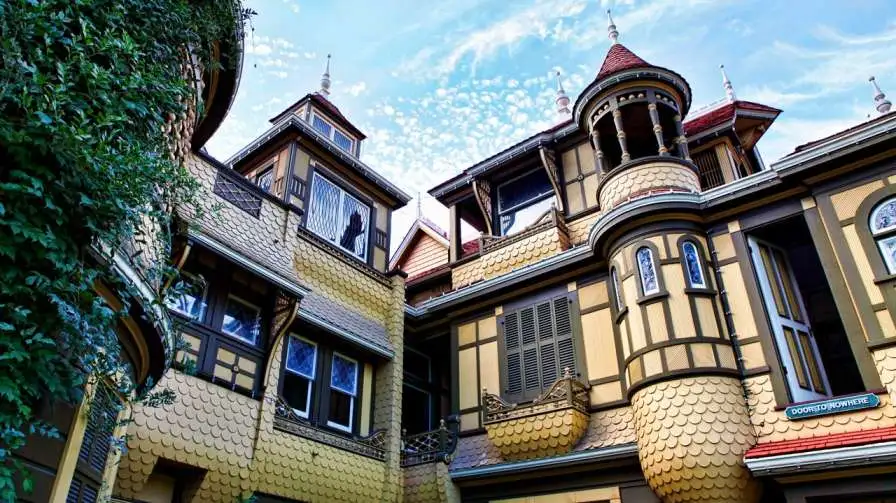These 10 things will help you prepare for your trip to Spain before you go

Ten things to consider if you want to fully immerse yourself in Spanish culture and take advantage of everything the nation has to offer. Spain is a very popular tourist destination because of its pleasant weather, gorgeous beaches, and some of the liveliest towns and festivals in all of Europe.
But there are a lot of things to consider if you want to fully immerse yourself in Spanish culture and take advantage of everything the nation has to offer.
Here are Traveling to Spain 10 tips:
Get used to Spanish time
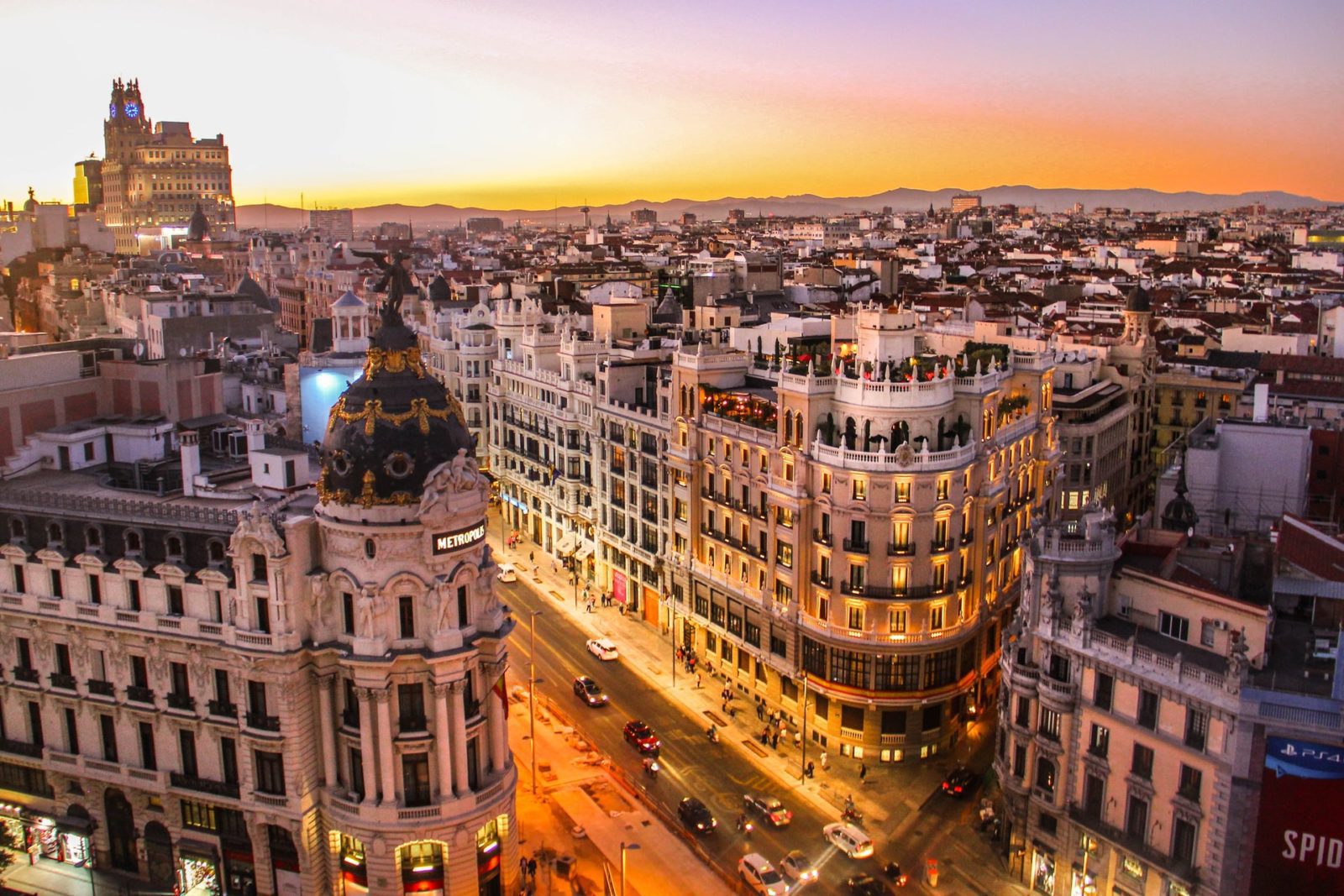
It can be challenging for travelers to acclimate to new time zones, but adjusting to Spain's late schedule presents even more challenges. The Spanish 'afternoon' lasts until around eight o'clock, which is when the nighttime hours of most restaurants begin.
More often than not, Spaniards eat their evening meal much later than that. Families and groups of friends frequently have dinner far past ten o'clock in the evening in many parts of the country, particularly Madrid, where people have a reputation for running late.
Traveling to Spain tips and making the most of it will be easier if you can get in line with this as soon as possible. This is especially important if you intend to take advantage of the country's late nightlife, as pubs typically fill up starting at 11:00 pm on the weekends and many Spaniards won't even consider attending a nightclub before at least 2:00 am.
Enjoy the culture of tapas
Even though Spain is known for its tapas, many tourists are unaware of the nuances of the country's tapas culture. There are lots of tapas-style restaurants, but the smaller neighborhood bars usually have a selection of pre-made tapas that you may order, depending on where you are.
On the other side, you will often get some gratis tapas in many Spanish establishments when you order a drink. This can be anything from a few olives or a little sandwich (montadito) to a full amount of food. Filling up on gratis tapas rather than ordering actual food might save you a tonne of money on your trip, provided you don't mind being selective about what you eat.
Also read this blog : Popular waffle Restaurant in the US
Travel north
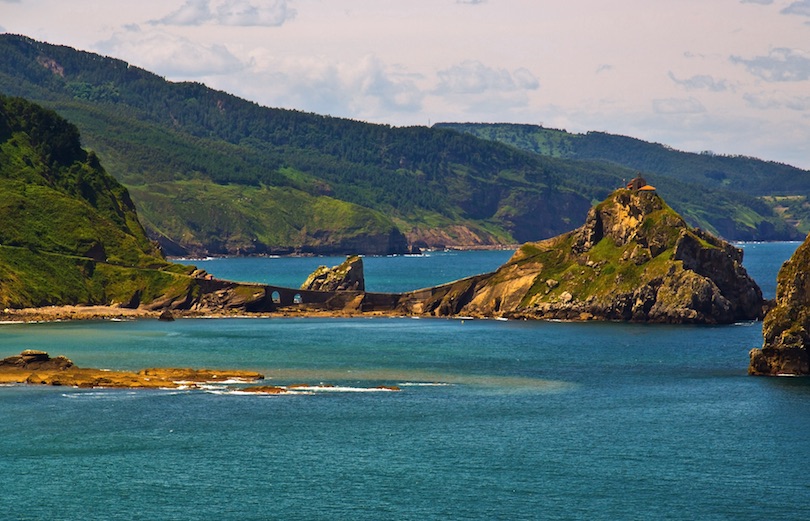
The Basque Country in northern Spain is home to some of the best food in the nation, where tapas is served as delectable ponchos or pintos. Because of its significantly wetter and more variable climate, Spain's north coast is usually disregarded by foreign visitors, who instead head straight for the Costa del Sol or Costa Brava.
Nonetheless, the north is the most fascinating and picturesque region in the nation in many ways. Some of Spain's most beautiful landscapes may be found in the northern regions of Galicia, Asturias, Cantabria, and the Basque Country. These regions are home to breathtaking bays, hiking trails, and rolling green hills. These areas offer a distinct cultural experience that sets them apart from other regions of the nation.
Travel on the bus to save money.
If Spain's high-speed rail system, run by Renfe, is great, using it can be exceedingly costly. It's best to make reservations as far in advance as possible for the lengthier excursions.
However, for those on a tight budget, bus travel is probably the best option because practically all of Spain's major towns and cities are connected by reasonably priced, frequent coach services.
Also read this blog : How To Make Best chicken Gloria Casserole Recipes
Try for one major festival at least.
Spain has some of the most well-known events in the world every year, so there are plenty of fiestas to pick from. Two of the largest are held in the Valencian region: the stunning Fallas celebrations in Valencia and the very untidy 'La Tomatina' festival in the nearby town of Buñol in August. San Fermín, Spain's most famous celebration, takes place every summer and involves bull rushes through Pamplona's streets.
Easter is also celebrated with grand parades in several locations, particularly in Andalusia. Seville hosts big Easter parades and, two weeks later, the city practically closes for another of Spain's biggest festivals, the Beria de Abril, a week of celebration featuring Svitlana dancing.
Place a look out for local celebrations and events.

It's still important to keep an eye out for any local festivities, even if you are unable to schedule your vacation around one of the big festivals. With local identity playing such a significant role in daily life. Across the nation, each of Spain's 17 autonomous communities has its own regional or national holiday, that matters to an extensive percentage of people.
A lot of neighborhoods even those found in large. Cities have their own unique festivals and festivities. Especially in the summer While smaller cities have their own take on the Feria in Seville. Barcelona in particular offers a variety of strange yet fantastic local celebrations.
Explore all of the neighborhoods.
In a city like Barcelona, where weekend and high season districts are nearly entirely occupied by tourists. it is a fantastic idea to venture out and explore the various neighborhoods. Although La Rambla Barcelona's most central seaside area, is worth seeing, it wouldn't be a good idea to spend all of your time there due to the dense crowds, expensive and subpar dining options, and gimmicky activities. These kinds of places regrettably draw pickpockets and thieves as well.
For a more genuine taste of Spanish urban life. Visit districts like Masada in Madrid and Garcia in Barcelona to see where the residents hang out. Malaga is another popular tourist destination were. With careful investigation of the many areas. You might uncover some true treasures.
Enjoy the regional foods and drinks.
Spain is a highly divided nation with many distinct languages and competing identities. This is also evident in the food of Spain, where there are numerous regional specialties. The finest place to try paella is Valencia, where it originated. A popular cold soup in Andalusia that helps locals stay cool during the sweltering summer months is gazpacho.
However if you're a foodie, northern Spain should be at the top of your list. Areas like the Basque Country, Asturias, and Galicia are all known for their cuisine. Up north, there are also some differences in drinking customs. Asturias is known for its cider, whereas the Basque Country is more likely to drink kalimotxo, which is wine combined with coke.
Also read : Best Honeymoon Destinations in the US The Ultimate Guide
Book reservations via the internet to see the primary sights.
It is important for visitors to Spain to know that reservations are required for several of the main sites and attractions, even before they arrive. For instance, Alhambra tickets in Granada frequently sell out, sometimes even weeks in advance during peak vacation seasons. As a result, some forward planning will be required.
While tickets for other well-known attractions, like Barcelona's Sagrada Familiar, can be purchased on the day. Buying them online will save you money and time while avoiding the lines.
Go on, even in the middle of summer
If your travel itinerary includes stops in multiple regions of Spain. It is best to steer clear of the late July and early August high summer months. Not only are many coastal towns and resorts busier and more costly during this time of year.
But many inland cities are also quite hot, making touring in places like Madrid and Seville particularly uncomfortable when temperatures frequently reach 40°C. In almost all of Spain. The months of late spring. Early summer, or even early fall, still offer pleasant weather. And since most Spaniards are still at work or school during these times, you may take advantage of lower prices.
Also read : Top 25 place to visit in February you must to know?

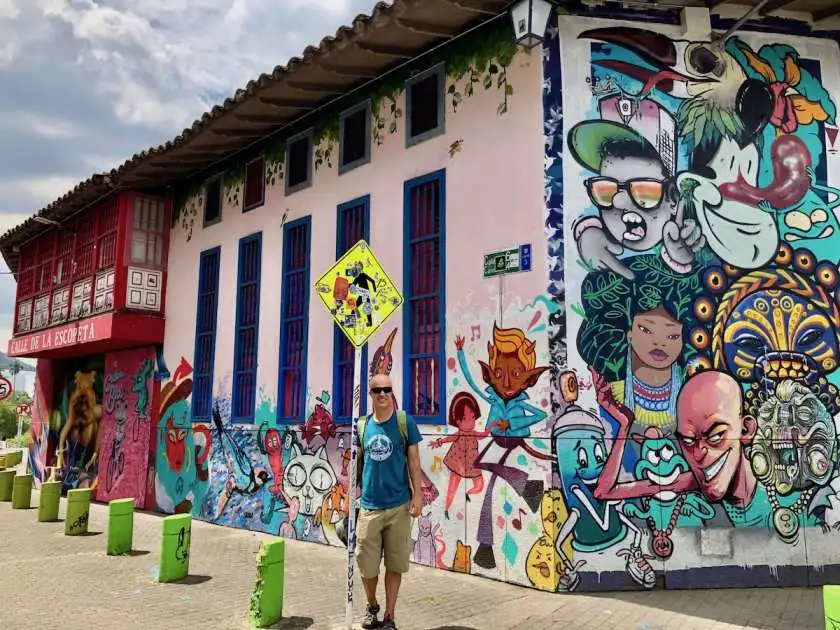
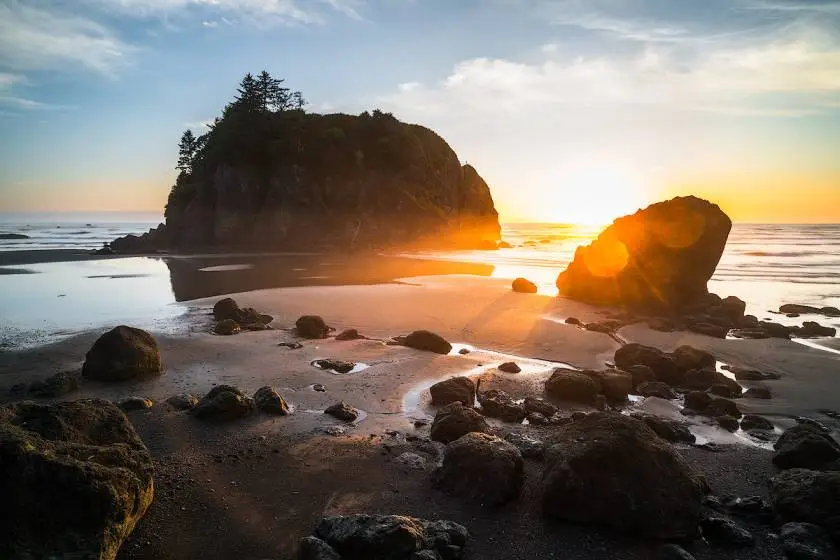
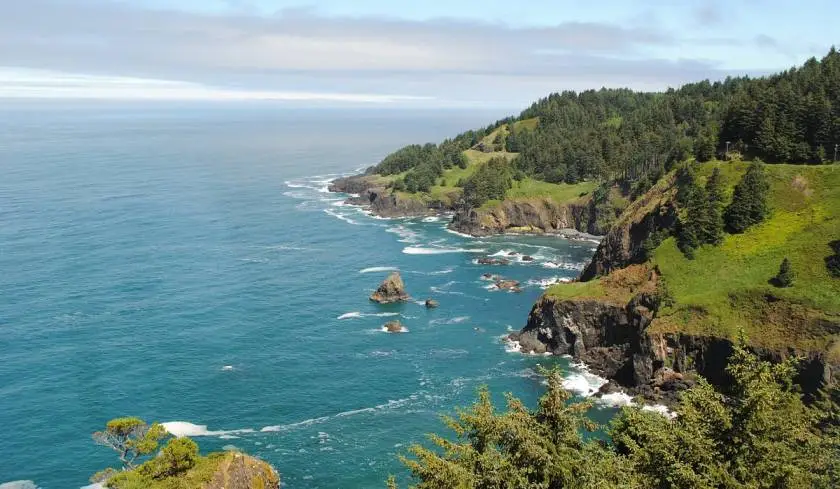

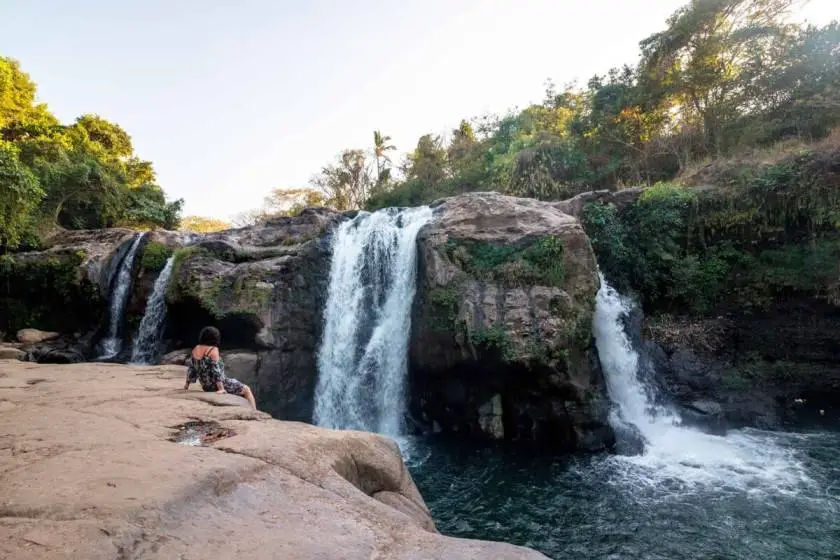

 (1).webp)
